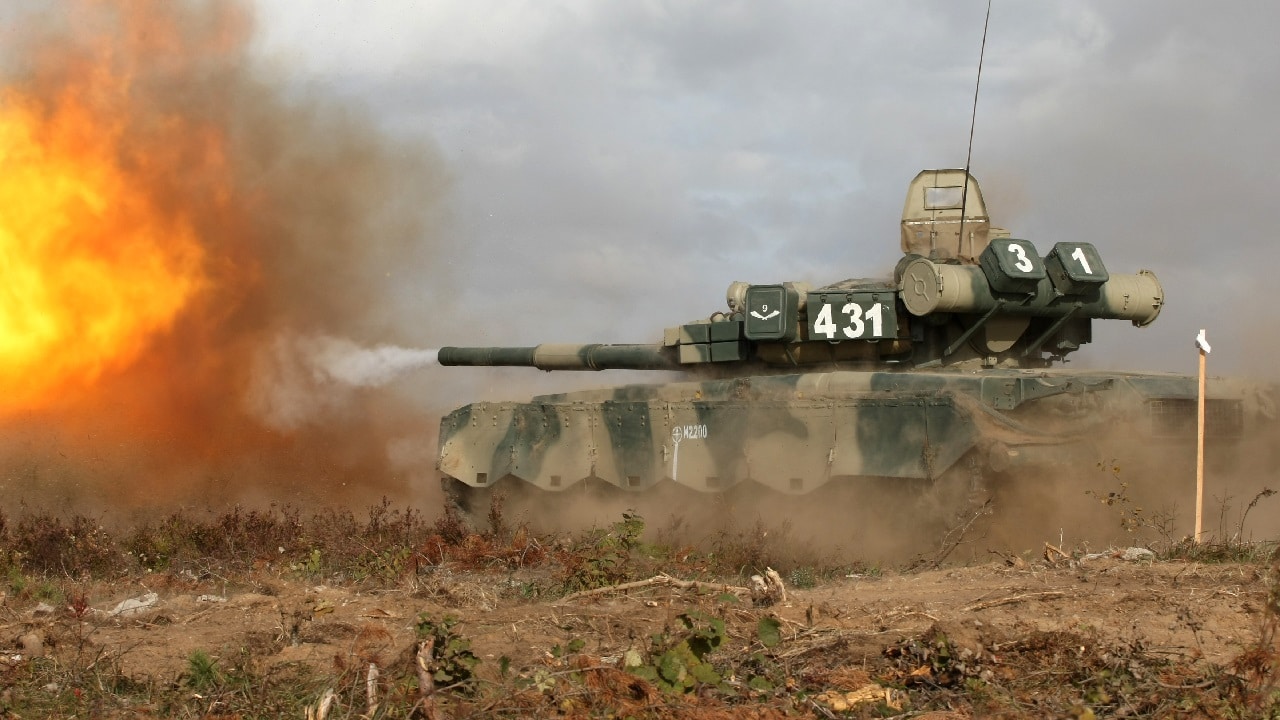After the first three ships left Ukraine’s Black Sea ports last week following an agreement between Ukraine and Russia, an additional four ships carrying sunflower oil and grain finally left the ports of Odesa on Sunday.
The departure of four grain ships was authorized by the Joint Coordination Center, a body established under the Black Sea Grain Initiative to oversee the departure of the ships in a way that doesn’t compromise the military efforts of either Ukraine or Russia. The ships left Ukraine’s southern ports and navigated through an agreed-upon humanitarian corridor, meaning they will not be subject to military strikes from Russia.
A fifth ship was also authorized to sail to Ukraine and receive cargo from the docks.
In his nightly address on Friday, Ukrainian President Volodymyr Zelenskyy confirmed the departure of three ships that same day, leaving from the ports of Odesa and Chornomorsk. Zelenskyy revealed that roughly 60,000 tonnes of corn were onboard the ships, which were headed to Turkey, the United Kingdom, and Ireland.
Pope Francis Sees “Sign Of Hope”
During his weekly address in St. Peter’s Square, Pope Francis expressed gratitude for Russia’s willingness to work with Ukraine on establishing a humanitarian corridor for the shipments. The Pope said that the departure of Ukrainian grain ships “shows that it is possible to conduct dialogue to reach concrete results.”
“This event presents itself as a sign of hope and my own heartfelt wish is that following this path, it will be possible to bring an end to the fighting and reach a just and lasting peace,” Pope Francis said.
Avoiding Crises In Europe, Africa, and Asia?
In his Friday nightly address, Zelenskyy stressed the importance of grain shipments leaving the ports and arriving on the African and Asian continents.
“The main thing now is the constant increase in exports. Every adequate world player is interested in this,” he said. “The more our grain will be on the global market, the smaller will be the harvest of political chaos in countries, primarily in Africa and Asia, but not only there. We must remember that this year the demand for imported food in Europe is much higher than expected.”
The Ukrainian president noted that while European harvests have been smaller this year because of the warm summer, Ukrainian harvests of oilseeds and grain are expected to meet forecasts.
“Therefore, if the partners do their part of the obligations under the Grain Initiative, the security part, and do not allow new Russian provocations in relation to our exports, then the food crisis, which has been so threatening to the world, can be overcome,” he said.
In June, the early heatwaves in Spain and France left experts concerned that the countries could see dramatic crop losses after a dry spring. After record-breaking crops in Bulgaria and Romania in 2021, analysts warned that 2022 could see dramatically lower yields.
Crop analyst Aurelien Blary of Strategie Grains said in June that the 104°F weather in France in June posed a particular risk to crops.
“It’s an extra risk given that we’re coming out of a dry spring,” Blary said. “We’re expecting some further loss of yield potential.” At the time, analysts expected that France’s soft wheat crop, not including durum, would be 33 million tons – below the 35.5 million from last year.
The release of Ukrainian grain from the Black Sea ports was also expected to help avert a food shortage in Africa, but that may not necessarily be the case. Russia’s insistence that the war in Ukraine is not to blame for a food shortage in Africa may not necessarily be propaganda, as much of the grain headed to the continent will be used for animal feed and not for human consumption.
Nonetheless, a shortage of animal feed would have had a knock-on effect in Africa, meaning the departure of Ukrainian grain ships is still good news for Africa.
The release of Ukrainian grain could also prove a blessing for the Asian market, where buyers have been reluctant to purchase discount Russian crops. Early this month, suppliers offered Russian wheat to Asian markets at lower prices, but most millers proved unwilling to sign deals in the face of ongoing economic sanctions against Russia.
Singapore traders revealed how Russian wheat with 11.5% protein was offered to Asian traders at between $405 and $410 per ton, including cost and freight.
“Russian crop looks good and prices are very attractive at just above $400 a tonne,” one trader said. “But buyers are not willing to take chances with Russian supplies as cargoes might get into trouble, even though food is not under sanctions.”
If Ukrainian grain shipments start arriving in Europe and Africa safely in the coming weeks, it could provide valuable breathing room for all three continents.
Jack Buckby is a British author, counter-extremism researcher, and journalist based in New York. Reporting on the U.K., Europe, and the U.S., he works to analyze and understand left-wing and right-wing radicalization, and reports on Western governments’ approaches to the pressing issues of today. His books and research papers explore these themes and propose pragmatic solutions to our increasingly polarized society.

